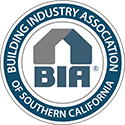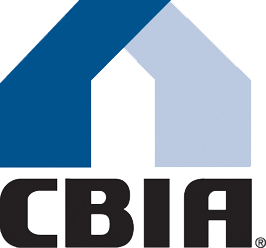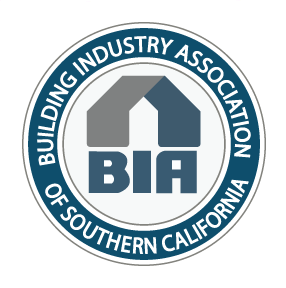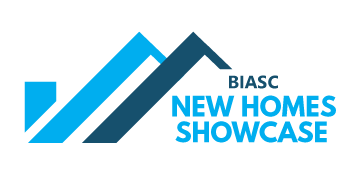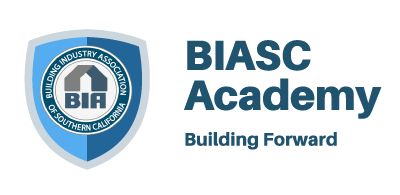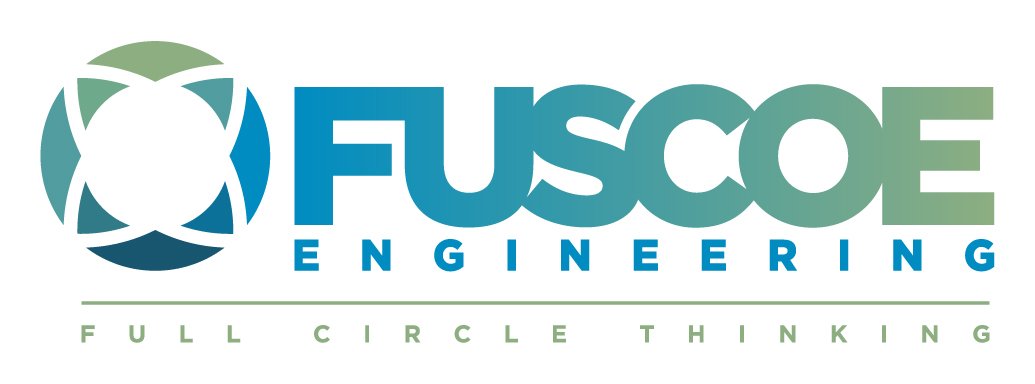ByAli Sahabi of Optimum Group, LLC
President, Building Industry Association (BIA) Baldy View Chapter
Purchasing one’s first home can be one of the most exhilarating experiences in a homeowner’s lifetime. Yet it can also be a daunting experience because purchasing a home requires a fairly intensive education – one, however, that will serve the homeowner for a lifetime.
Step one for a first-time homebuyer is approach their purchase as any other major investment. Start by visiting the National Association of Home Builders’ (NAHB) website at www.nahb.com/forconsumers because your home was most likely built by NAHB members and any major modifications, repairs or improvements will be best performed by NAHB members. So see all that NAHB has to offer.
Then visit the U.S. Department of Housing and Urban Development (HUD) website at www.hud.gov website to find information about free housing counseling and first-time homebuyer seminars. Pick up a copy of their free booklet Buying Your Home: Settlement Costs and Information which breaks down the homebuying process and explains most of the expenses you will encounter when purchasing your home.
With that information in hand, you will now be able to accurately calculate how much you can comfortably afford to pay on a monthly basis because in addition to the monthly principal and interest, you will also pay into escrows for property taxes, hazard insurance and possibly a homeowners' or condominium association assessment. Mortgage calculators are a great way to figure out what your monthly payments would be based on interest rates and down payment amounts. Calculators can be found on many real estate or banking websites.
Once you are clear on how much you can afford, it will be time to choose a loan. Start with your current bank and check with business associates or friends for suggestions. If you’re looking into a new home community, ask the homebuilder’s staff if they have partnered with a certain lender. Check with your local chamber of commerce in the city in which you’re shopping for a home for a list of member banks or lending institutions.
Once you have identified some candidate lenders, sit down and get all of your mortgage quotes on the same day. This allows you to compare ‘apples to apples’ as rates quoted in ads may be out of date by the time you get your quotes. Find out how many points (a point is a fee equal to one percent of the loan amount) are included in the different offers. Even though the rates you actually get when you secure a loan will probably be slightly different, this type of comparison will give you the most accurate indicator of which company offers the best rates.
There are basically two kinds of mortgages: a fixed-rate mortgage (FRM) or an adjustable rate mortgage (ARM). The difference is that an ARM generally offers a low initial cost but carries a degree of uncertainty while an FRM offers rate and payment security but can be more expensive. Because lenders generally charge lower initial interest rates for ARMs than for FRMs, ARMs are usually easier on a first-time homebuyer's finances than an FRM for the same amount. If you choose an ARM, make sure to ask if the loan includes a special discount or “teaser.” If so, the homebuyer could face a large increase in monthly payments when the interest rate is adjusted for the first time. Ask about the margin in the interest rate (the amount that the lender adds to the index rate to calculate the mortgage rate). For example, if the index rate is seven percent and the margin is two percent, the overall interest rate would add up to nine percent.
Ask for details of each lender's “lock-in” when making your comparisons. When a rate is locked in, the lender commits to offer that rate regardless of subsequent changes in the market. Lock-in rate periods are usually between 30 and 90 days but a longer rate lock costs more money in the form of points than shorter lock-in periods. Be sure to find out when your interest rate would be locked in.
Ask each candidate lender what index would be used to adjust the mortgage rate. They should be able to show you a table showing movements in the index over the previous 10 years to see how your mortgage payments would have changed. Ask how the interest rate will be adjusted because a longer adjustment period will help you better plan your future loan cost. Then, inquire about the maximum amount that the mortgage rate can increase in any single adjustment period and over the life of the loan.
Armed with this information, you will be on your way to making what will probably be the biggest and best investment of your life.
And have a terrific Labor Day.
